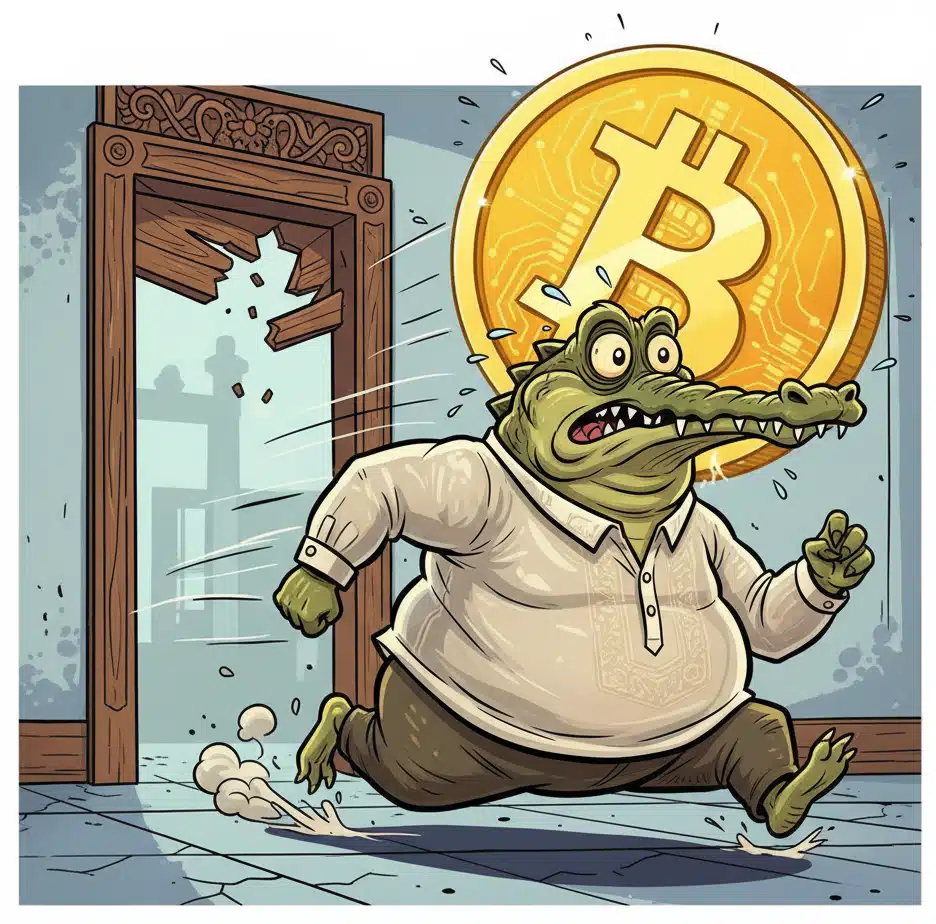The Philippines stands at the forefront of digital transformation, a revolution reshaping industries from banking to retail, and undeniably, entertainment.
Within this vast digital landscape, online gambling has emerged as a significant, albeit controversial, player. Fueled by the ubiquity of smartphones and internet access particularly vibrant in a connected nation like ours, the sector has seen exponential growth, contributing substantially to government revenues and creating employment opportunities.
Yet as we champion digital advancement, it becomes imperative to critically assess whether all forms of digital growth genuinely serve the betterment of people’s lives.
The rise of online gambling facilitated by the same digital infrastructure that powers e-commerce and remote work presents a double-edged sword. On one hand, it showcases the Philippines’ capacity to embrace and regulate complex digital industries, attracting foreign investment and generating considerable tax income for the national coffers. This economic contribution is a tangible result of digital transformation at play. On the other hand, the societal costs associated with unchecked or pervasive online gambling cannot be overlooked. Concerns ranging from gambling addiction and financial ruin for vulnerable individuals to potential links with illicit activities pose serious ethical and social challenges.
In our view, true digital transformation extends far beyond mere technological adoption or revenue generation; it is about fundamentally improving the lives of people, fostering inclusive growth, and building a more equitable society. Digital transformation at its best empowers individuals through accessible education, streamlines essential public services, creates genuine economic opportunities through legitimate digital businesses, and enhances connectivity that strengthens communities, not fragments them. It’s about leveraging technology to uplift instead of potentially undermining individual well-being and social fabric.
Consider the transformative potential of digital tools in education, healthcare access, or agricultural efficiency in particular remote areas of the Philippines. These are the realms where digital innovation truly shines and provides pathways to empowerment and sustainable development. The digital revolution that genuinely bridges divides, enhances productivity in ethical ways, and provides tools for self-improvement is its fully realized promise.
In the pursuit of a digitally advanced nation, a critical distinction must be made. While acknowledging the economic output of all legal industries, our focus must remain on the kind of digital growth that builds a positive, sustainable future for all Filipinos. Technologies including those underlying online gambling are inherently neutral. It is their application, regulation, and societal impact that determine whether they contribute to genuine progress.
At MIW, we stand by the transformative power of digital innovation to elevate businesses and enrich lives; our advocacy lies in championing digital transformation that is synonymous with positive growth, operational efficiency, and enhanced human experience through ethical and responsible technological integration. We are not advocates for online gambling itself but for a digital future where technology fundamentally and positively contributes to the well-being and prosperity of every individual and community in the Philippines.
The ongoing conversation around online gambling in the Philippines serves as a poignant reminder that while digital transformation is inevitable, its direction and ultimate impact are shaped by deliberate choices. Let us shape a digital journey guided by a vision that prioritizes the welfare of our people and the integrity of our society.

Summer works as People Manager at MIW overseeing the APAC region. A proud cat parent and book lover.




